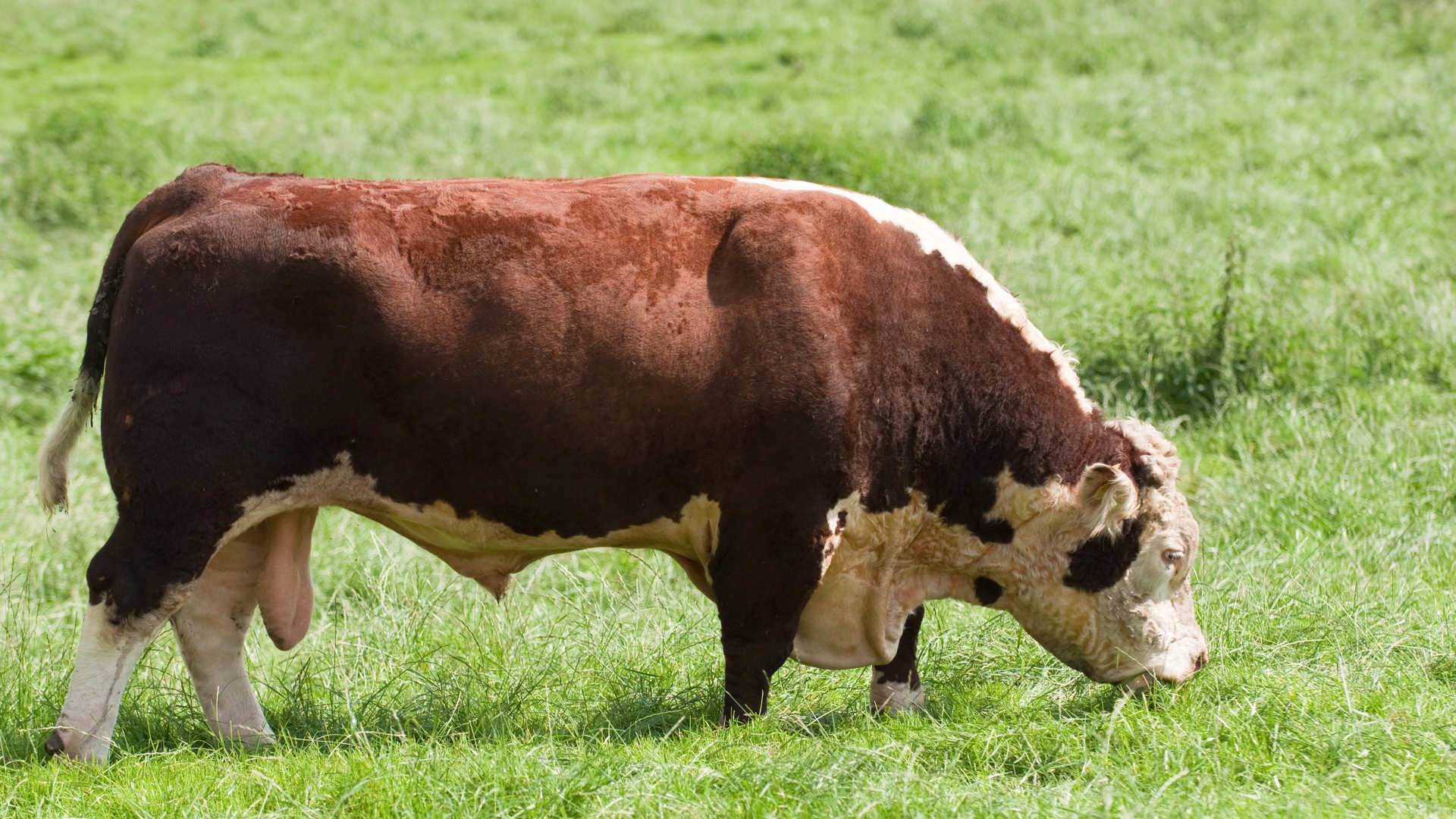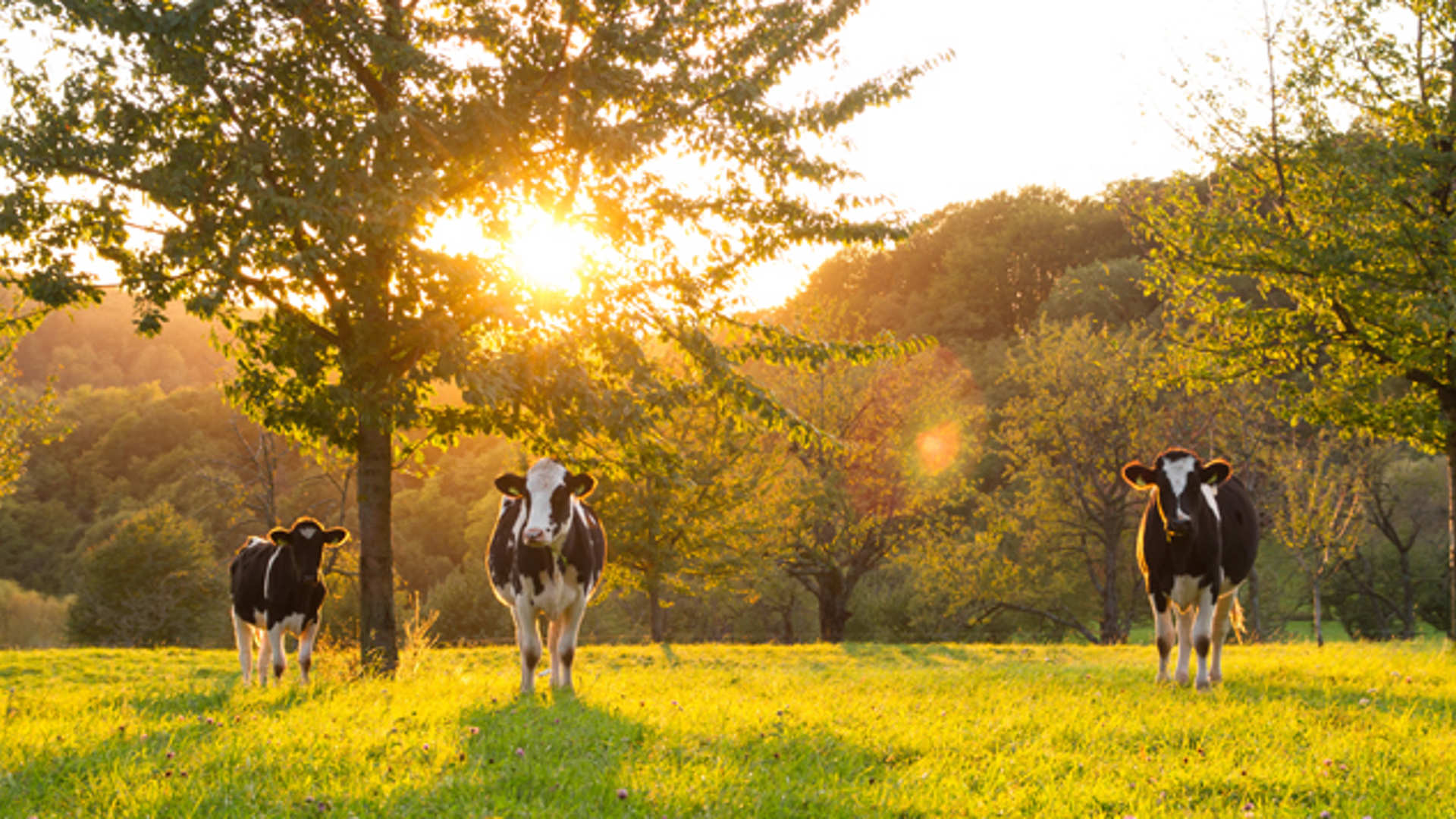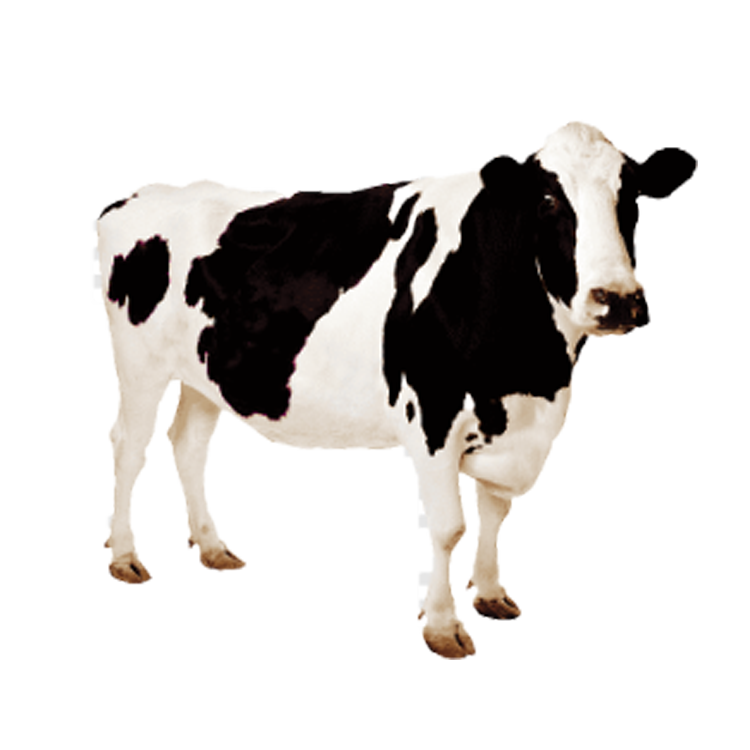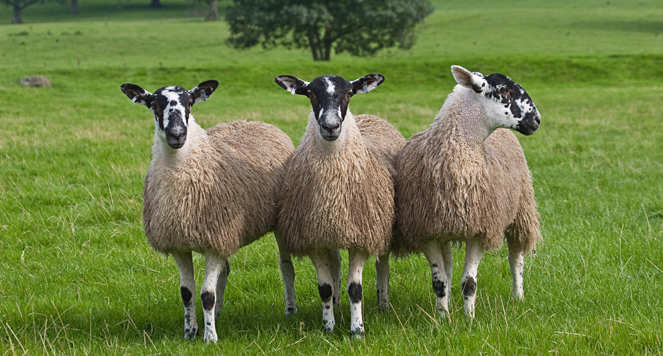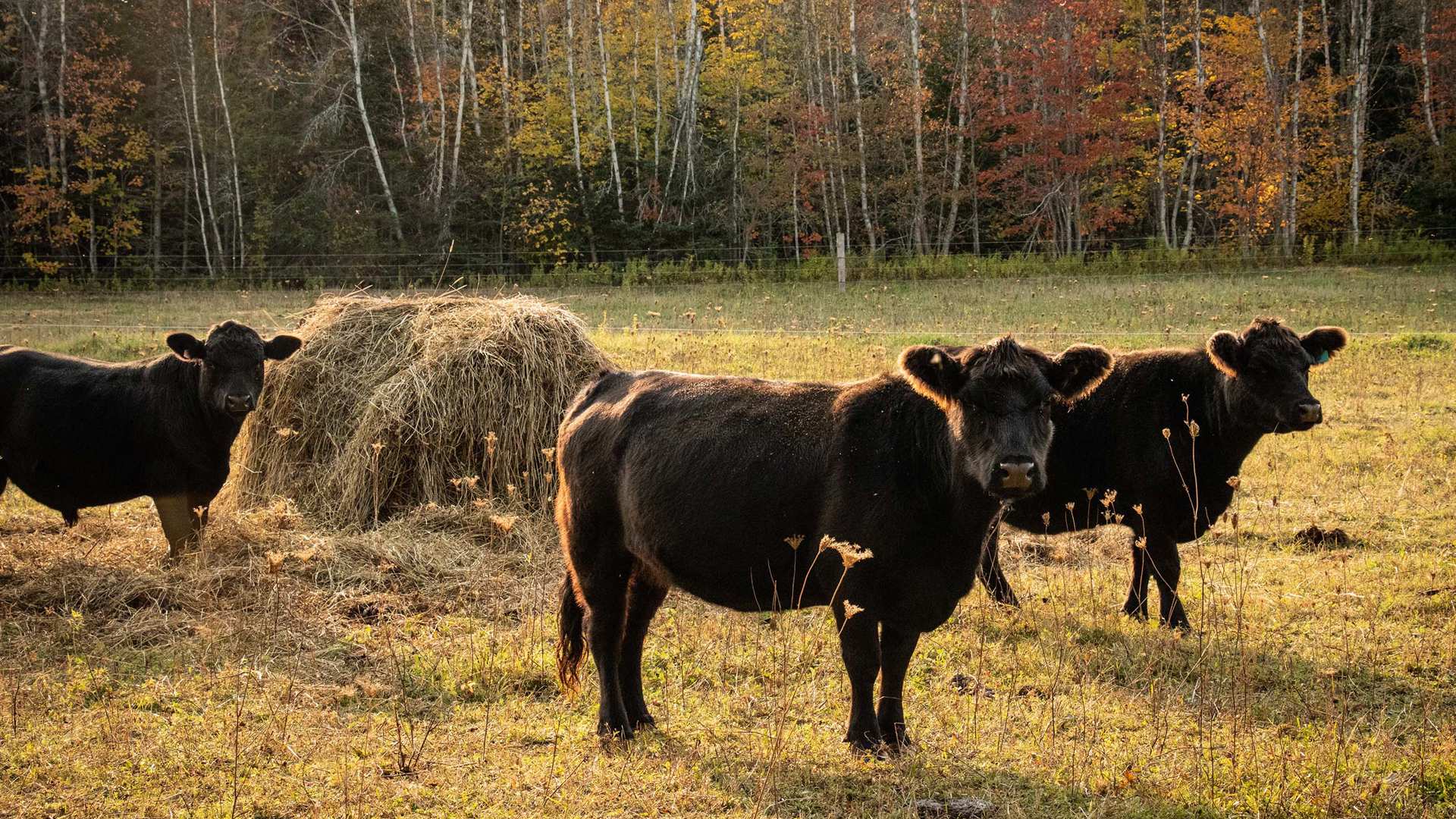
What's the latest?
Bluetongue Updates
25th June 2025
25th June 2025
What's happening this summer?
On 1st July, the Restricted Zone (RZ) will be extended to cover the whole of England. This means that movement restrictions will be eased for livestock movements within England, but will remain in place for animals moving out of England. There are no current plans to establish new Temporary Control Zones or High Risk Areas as there were last year.
Cases will be expected to increase after this, as historically the case numbers peaked between July – October. Since the southwest of the country is more ‘livestock-dense’ than the east, we would also expect the virus to travel faster through the southwest once it reaches us.
Should we keep vaccinating?
Yes – DEFRA still recommend vaccination as an effective way to control the spread of BTV-3. Be aware that you will still need to report any vaccine use (including CPH number and ear tags of the animals vaccinated), even after 1st July.
Data from vaccinated animals on continental Europe have found that the vaccines are highly effective at reducing viraemia i.e. the majority of vaccinated animals showed no sign of disease if they later became infected with the virus! They also found that animals were best protected 3 weeks after the 2nd injection.
For this reason, it is better to plan to vaccinate your animals before there are cases reported in your area. You should allow for the 3 weeks between the 1st and 2nd injection, and then another 3 weeks after the second injection, at which point you know they will be fully protected. (This differs for sheep being vaccinated with Bultavo-3, which only receive one dose of the vaccine.)
The latest version of the BTV-3 vaccines comparison table can be found at:
I want to move an animal to Wales - do I need a pre-movement bluetongue test?
For sheep, yes – after 1st July, a negative pre-movement BTV-3 test is required for sheep to travel from England to a holding, market, or show in Wales, even if they have been vaccinated.
Cattle can be moved to Wales without a pre-movement test as long as:
- They have been vaccinated with Bultavo-3
- They received the second injection of Bultavo-3 at least 21 days ago
- They show no clinical signs of BTV-3 on the day of the move
- You apply for the same movement licence whether you will be vaccinating or testing
If your cattle do not meet the above criteria, then they will require a pre-movement test as for sheep.
Ensure that you plan ahead if your animals will require a pre-movement test:
- Allow at least 72 hours for the PCR test to be run. Currently, this can only be done at the Pirbright Institute in Surrey, and tests will not be run on weekends.
- After 1st July, a negative PCR result is valid for just 7 calendar days, starting on the day the blood sample was taken. This will leave you with a short window of time to move the animal after you receive a negative result! (Until 30th June, this window is 10 calendar days instead.)
- From 20th June onwards, you will not be able to apply for free pre-movement testing. The blood sampling, postage and the test itself will all be paid by the keeper. These will be booked via your vet and can no longer be booked via UK Farmcare.
- If you are moving a pregnant cow that is over 6 months in calf, two tests will need be run (ELISA and PCR) which will mean increased testing costs.
For shows taking place in Wales, it will be up to the show organisers to decide on movement policies. For example, they may decide that no animal from a Restricted Zone will attend, regardless of pre-movement testing.
A pre-movement test may not be required if the animal is travelling directly to an abattoir in Wales. You can read the full policy at:
I want to move an animal to Scotland - do I need a pre-movement bluetongue test?
You will not need a pre-movement bluetongue test to move an animal to Scotland as long as it has had a full vaccine course of Bultavo-3 (1 injection for sheep, 2 injections for cattle) at least 21 days before the move. Otherwise (or if the animals was vaccinated with Bluevac-3 or Syvazul-BTV instead), you will need a pre-movement test as for Wales.
18th February 2025
18th February 2025
Following winter surveillance, cases of BTV-3 have been identified in Dorset. This means that the restricted zone has been increased to include Dorset, additional parts of Wiltshire, parts of East Devon and Somerset. Currently, this is in the south of the county, but we are continuing to monitor the situation. For now, we continue to remain in the seasonally low vector period.
23rd January 2025
23rd January 2025
BTV-3 update:
The plus side of the cold weather this month is that it has reduced midge activity, and as of Tuesday (21st Jan) we entered a ‘seasonally vector low period’. This means that the current bluetongue risk is categorised VERY LOW. In addition, the permissions for BTV3 vaccine use has changed.
What does this mean for us in the south west?
- Any animals moved out of the Restricted Zone after 20th Jan no longer require post-movement bluetongue testing
- Keepers within the Restricted Zone will still need to apply for a licence in order to move animals out of the RZ
- There are three vaccines permitted for use across England (not just in the RZ), but they are import-only, and are not licensed to prevent bluetongue, only reduce its severity in affected animals
Midge activity is expected to start increasing again from March onwards, so the situation is likely to change again then!
30th September 2024
30th September 2024
The latest outbreak of bluetongue virus (BTV-3) is a rapidly developing situation – by the time this is on our website, there will probably already be changes to the number and spread of cases, where the control zones are, and a vaccine strategy!
At the point of writing (30/09/24), the current outbreak is localised to the east coast, with a Restricted Zone covering the south east and east midlands. The virus is spread by biting midges, and the initial cases can be traced to infected midges being blown over from continental Europe. These insects are weak fliers, so mainly rely on prevailing wind to travel – it is unlikely that they will move as far west as Somerset, but not impossible, so we will continue to monitor the situation (and the weather forecast) closely!
You may have heard of animals testing positive for the virus closer to home – there have been a couple of cases (e.g. in North Devon) where animals have been imported, or moved from the east region before it became a Restricted Zone. In these cases, the animal picked up the virus before arriving in the south west, and APHA have not created new Temporary Control Zones here.
21st November 2024
21st November 2024
As the Bluetongue Restriction Zone has been extended into east Wiltshire, remember to stay vigilant for clinical signs in your flock or herd.
With a few different vaccines being used in the Restricted Zone, also be aware that:
- Of the three vaccines specific for this current strain (BTV-3), none claim to prevent infection, only reduce viraemia (i.e. milder clinical signs).
- Vaccines specific for BTV-8 work against a different strain of the virus (last outbreak of BTV-8 in the UK was in 2016) and there is no evidence these will be effective for this current strain.
What happens in...
... a Restricted Zone?
Movement restrictions are imposed, which will cover both live animals and germinal products (ova, semen, and embryos). Once in a Restricted Zone, animals cannot be moved out again, unless going directly to the abattoir, or if the keeper applies for a specific licence from APHA – the animal or germinal product will then be required to have pre-movement and post-movement BTV-3 testing (free of charge to the keeper).
… a High-Risk Area?
Keepers in High-Risk Areas will be eligible for free BTV-3 testing if they meet certain criteria, for example, if an animal is being moved from a High-Risk Area to the south west. There will be a lot of overlap between High-Risk Areas and Restricted Zones (at the time of writing, all High-Risk Areas were also part of a Restricted Zone!)
… a Temporary Control Zone?
These are set up as an area of around 20km radius of a confirmed case. The same rules apply in these as in Restricted Zones. As the name implied, these are intended to be temporary – they may be removed if the outbreak is contained, or if more animals in a TCZ test positive, then the zone may be merged with existing Restricted Zones.
You can check where the different zones are at using the interactive APHA Bluetongue virus map.
What species are affected?
This disease affects:
- Cattle
- Sheep
- Goats
- Deer
- Camelids (Llamas and alpacas)
These species are not affected:
- Horses
- Pigs
- Poultry
- Humans
Clinical signs
What can we do in the south west to reduce the risk?
- Be especially vigilant if buying in stock from High-Risk Areas, and if you do, ensure it has been tested. If buying in from a Restricted Zone, the animal(s) must have a post-movement test too
- This will also apply to importing animals – the Netherlands have been badly affected, with cases also reported in neighbouring countries
- Remember that movement restrictions also cover germinal products – if you use AI (Artificial Insemination) in your herd, check where this is sourced from and what tests have been carried out
- The restrictions do not affect animals moving into Restricted Zones, so you can still sell stock to the east region
Vaccines
DEFRA has now approved the use of three BTV-3 vaccines, but it should be noted that these do not claim to prevent the disease, only reduce viraemia (levels of virus in the bloodstream) in infected animals. The vaccines are now available for use across the country, regardless of zone. If you would like more information, please contact the practice to discuss further your options and assess if/when you should be vaccinating.
01934 852 650
Be aware that there are multiple strains of bluetongue, and these approved vaccines are specifically effective against serotype 3, the strain currently circulating in the country. Older vaccines will be specific for different strains e.g. serotype 8, so will not be of use.
Notifiable disease
Finally, remember that BTV-3 is a notifiable disease, so it is a legal requirement to call APHA on 03000 200 301 if you suspect a case.
BTV Vaccination Calculators
Stay in the know Related articles & advice
-
Flystrike

-
Infectious Disease
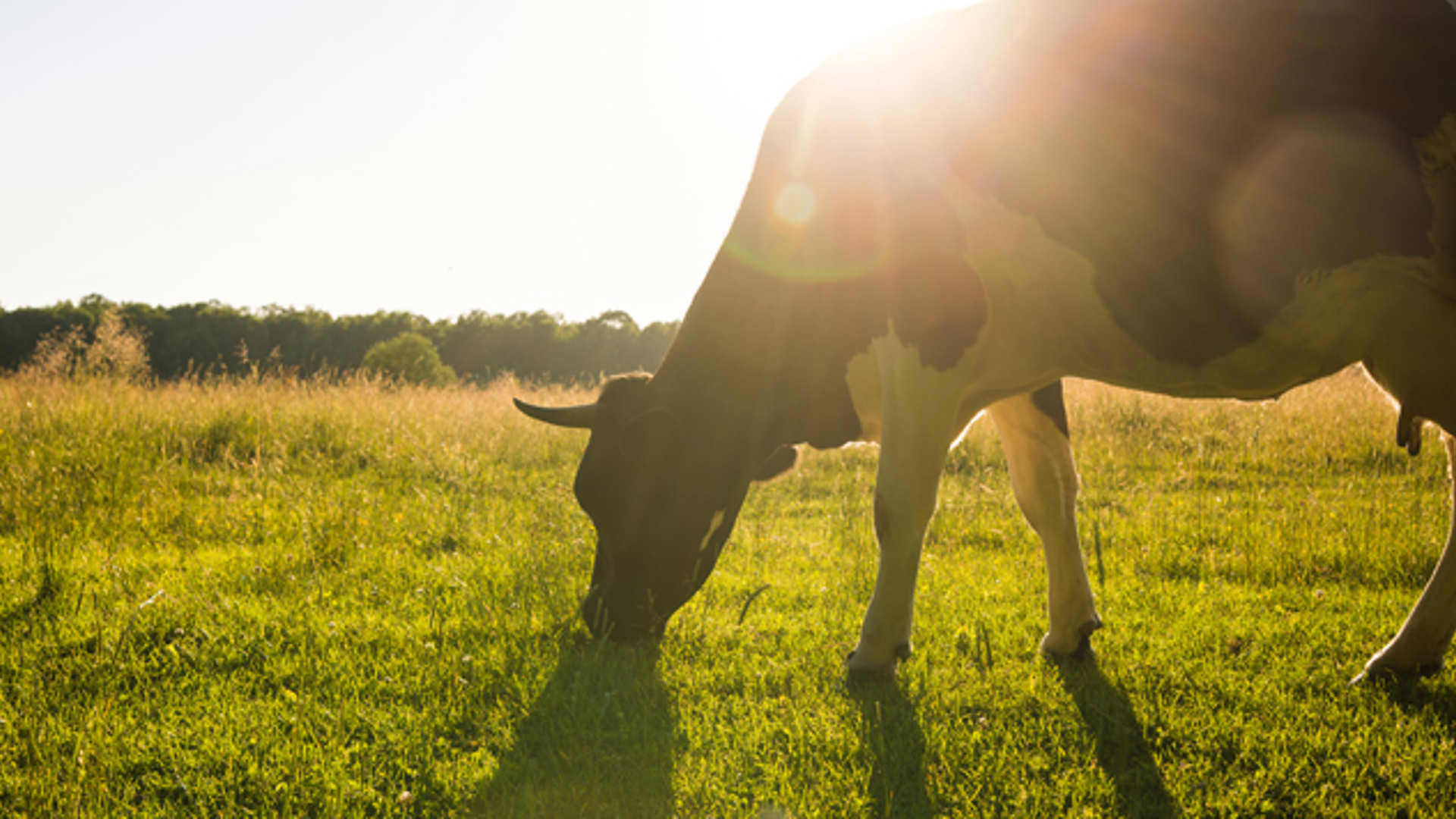
-
Fertility
